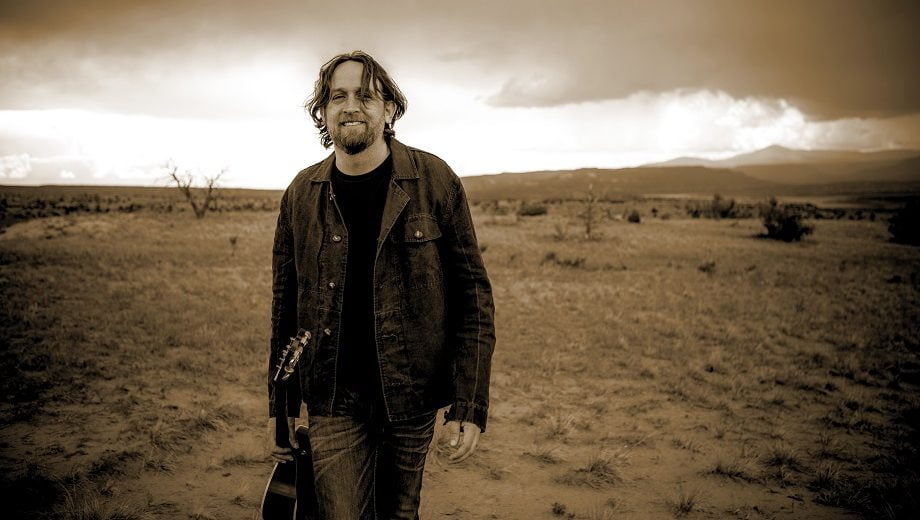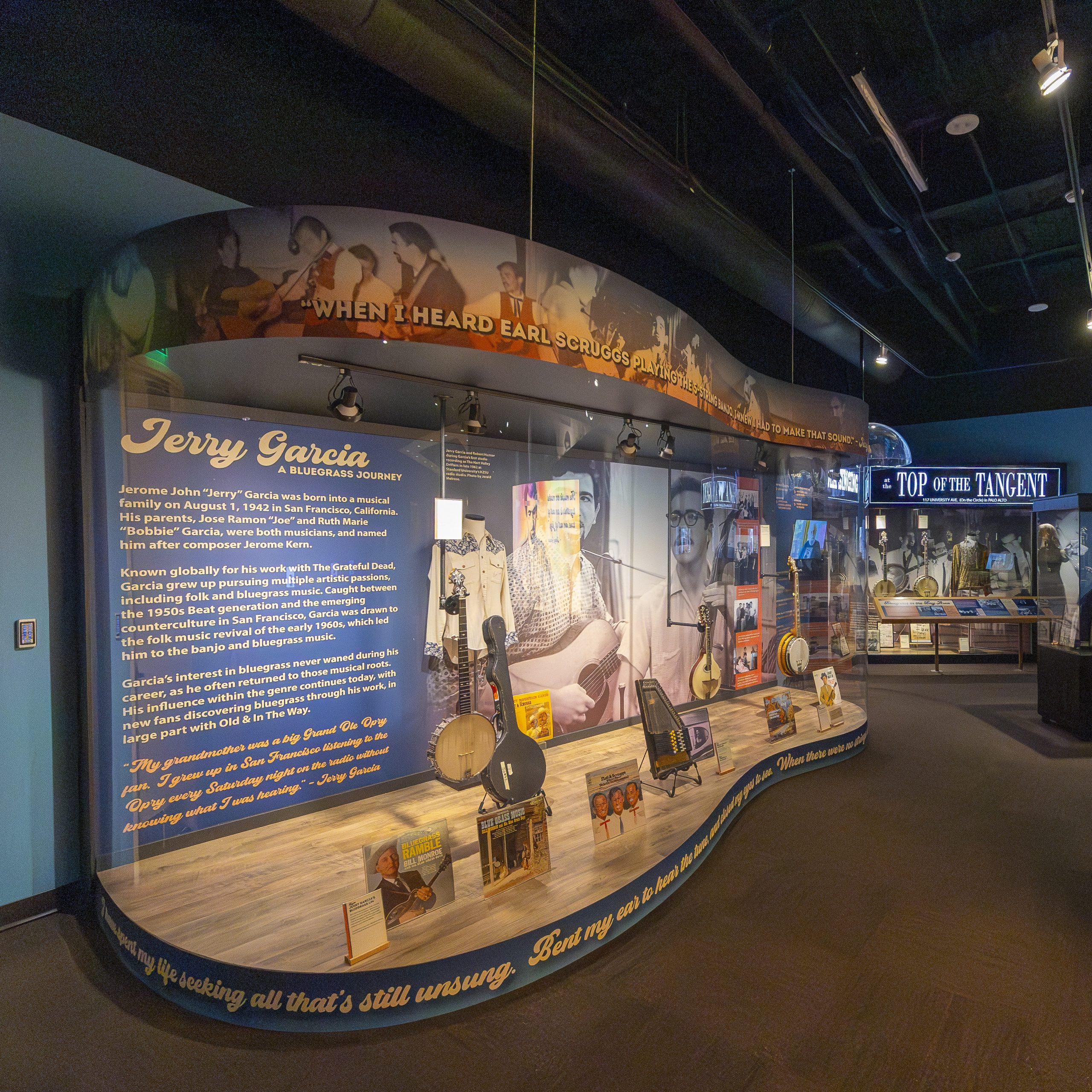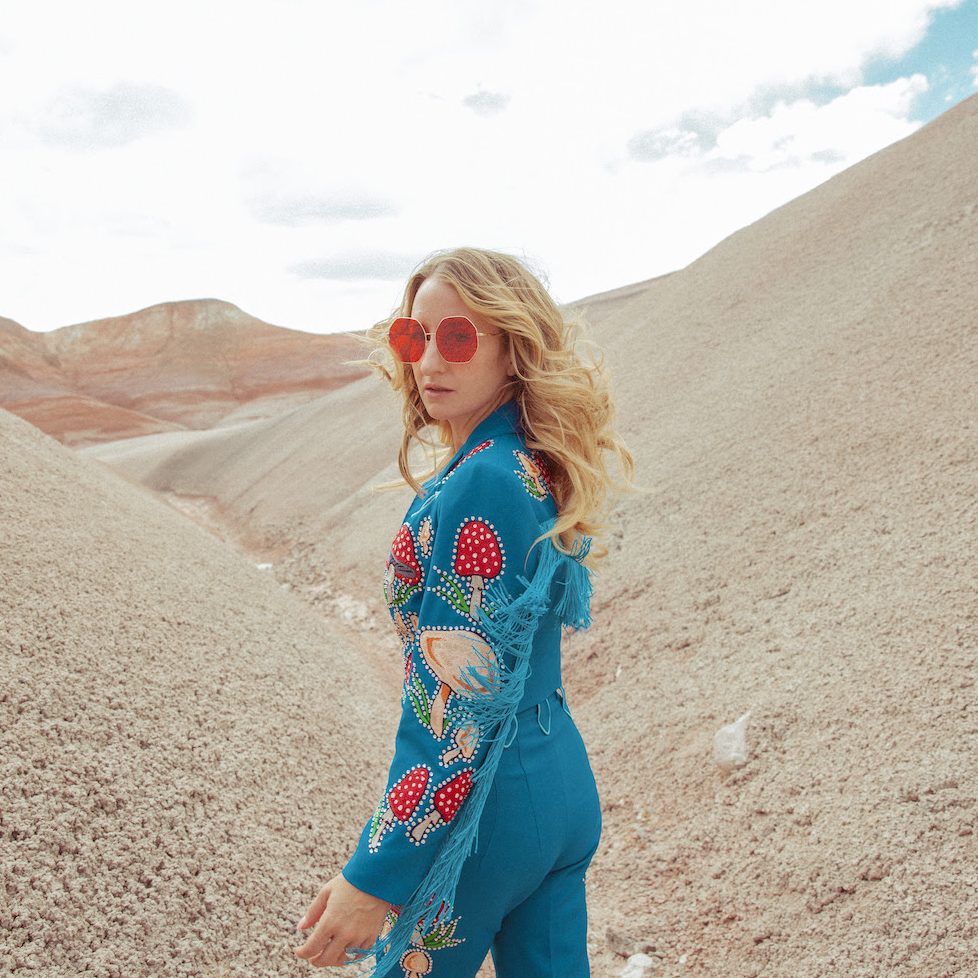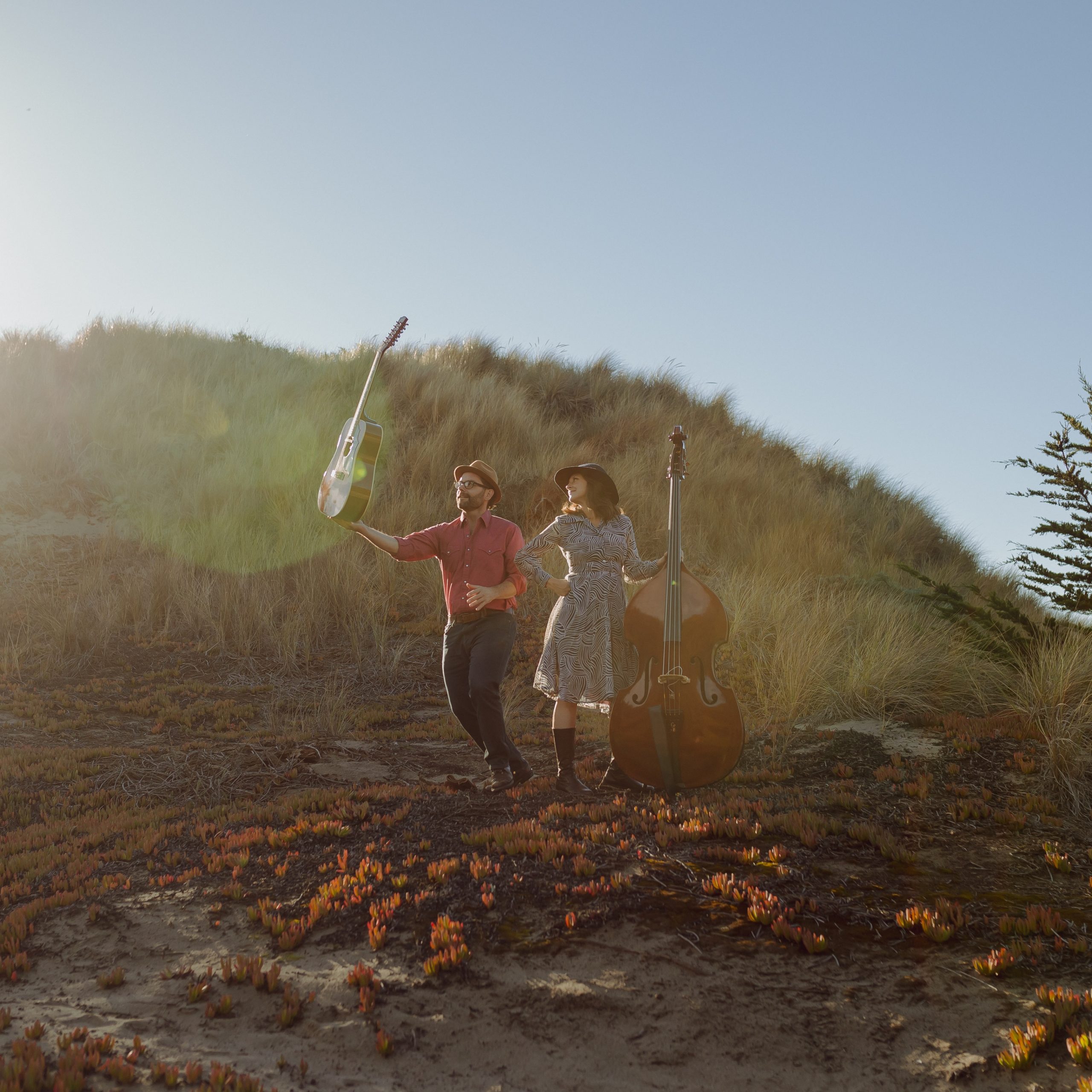With his new album What It Is, Hayes Carll is feeling more like his old self. … Scratch that. The Texas-bred singer-songwriter is feeling better than ever.
“I’m still trying to figure my life out and what I want to say creatively,” Carll explains, “but I got back to having fun.”
Hayes Carll admits he was working through a personal funk on his last album, the sparse and serious post-divorce project Lovers and Leavers. But calling What It Is the “culmination of everything I’ve done in the past,” he’s delighting in the surreal nature of everyday life once more – just like he has since 2002’s Flowers & Liquor – but doing so now with an element of hard-won wisdom. Co-produced by Carll with fiancée/fellow roots poet Allison Moorer and Brad Jones, the set features 12 free-spirited tracks that find him happy to be getting on with the business of living. He’s also leaning back into his sardonic wit and letting the full-band energy flow, as he explores the beautiful quirks of his own relationship, a society in upheaval, and most of all, what it means to really be present in the moment.
Your previous album, Lovers and Leavers, was quiet and contemplative, and you were thinking very seriously about your role as a singer/songwriter. What It Is feels more fun and irreverent, like it’s less concerned with being something specific. Why is that?
Well, Lovers and Leavers was a really specific moment in my life when I was trying to make sense of things personally and trying to find my voice creatively – I felt like I had sort of lost it and I wasn’t sure what I was doing anymore. … Since that record was recorded, a lot of life has been lived and I’m not quite in the same spot. I felt a little like a turtle stuck in my shell at that time, and now it’s like I’m starting to come out a little bit again and just relax.
Feeling lost creatively must be terrifying as an artist.
I think I was just not tuned into my life, and one of the themes on [What It Is] was finding that connection. The idea of life passing me by. I just turned 43 last week, and by all measurable metrics I have an incredible life. I knew that, but I wasn’t happy – I was disconnected and feeling dissatisfied. With this record, I feel like I’ve come out on the other side. I don’t have all the answers, but I’m in a much better place.
What do you think changed?
It’s just life. For me a lot of what comes out creatively has to do with what’s happening in my life, and what’s happening in my life is I’m in a solid relationship with a woman I love, who’s also at times my creative partner. Plus I’m feeling more connected in general with the world around me, and feeling able to observe and comment on it because of that.
That’s clearly the theme of the album’s title track, and I love its chorus hook – “What it is, is right here in front of me / And I’m not letting go.” When did that hit you?
I started to write a song called “What It Is, What It Was, and What It Will Be,” and it was a totally different vibe. I took it to Allison and asked her if she would help me sort it out because I just wasn’t landing it in a meaningful way, and she pointed out what now seems obvious to me – which is what we came up with in the chorus. What happened in the past is gone and you can’t change it. The future is out of your control, and what we have is what you’re experiencing right now. Going back to the dissatisfaction I was feeling, that had a lot to do with that – I think I was not present for a lot of my life and I missed a lot of it. That’s what I’ve been working on changing.
You worked closely with Allison on this – since she was not only a co-writer but also a co-producer. Can listeners hear the contribution she made in the studio?
Yeah, she co-wrote six or seven of the songs and she sings on four or five of them, so she’s all over the record in that way. But just having written these songs with Allison and having conversations all the time about where I wanted to go creatively, I thought nobody would be a better translator for that than she could be. That’s never been my comfort zone, and even speaking the language has never been something I excelled at.
It’s challenging for me, but it’s one of her strengths – being able to hone in on something she picked up from hearing me play the stuff, or even hearing me pontificate about what I want to do in a way that sounds like drivel to most people, then take it and turn it into a coherent point and set of instructions. That was one of the big reasons I wanted her to be a co-producer, and the other was I really respect her taste musically.
Has working together with Allison changed your songwriting at all?
We have different styles and strengths. She’s really disciplined and gets her work done on schedule, and is in the chair every day and gets to the point. I can take years to finish a sentence and can be all over the place, vaguely searching for some mythical feeling. She’s certainly poetic but can be really practical in getting down to the craft of the song. So I love that. When we work together I think the whole ends up being greater than the sum of the parts.
“Jesus and Elvis” has that classic Hayes Carll feel to me – it’s clever and vivid and conversational, but also built on a really poignant story. Where did you hear that story to begin with?
I wrote that with Allison and Matraca Berg, and Matraca had the title. She goes “I’ve been thinking about this title ‘Jesus and Elvis,’” and it immediately reminded me of a bar I hung out in in Austin. I’ve since found out this story is not actually the real story, but at the time I had convinced myself it was. [Laughs] This bar has Christmas lights up year-round and a jukebox in the corner with nothing on it past 1968, and I had heard it was because the bar owner’s son went off to fight in Vietnam at Christmas time. She promised she wouldn’t take the lights down until he came home, but he never did, so that’s why they’re still up all these years later.
The album starts with “None’Ya,” which is your first #1 single on Americana radio, and it seems to be very much about your relationship with Allison. It’s a tender song, but in a flirty, teasing way. Is that how you guys really are together?
[Laughs] Well, somewhat. Everything in there is pretty accurate with the exception of the first verse – I can’t remember what I asked Allison, but it wasn’t “Where have you been?” Anyway she just said “none’ya,” and that was the first time I had heard that. She’s from South Alabama and has her own language that leaves me scratching my head sometimes, and “none’ya, tend’ya, mind’ya” is one of her things, like “none of your business, tend your business, mind your business.” I thought “Man, I’ve gotta get that in to a song somehow,” but I didn’t even really think of it being about her at first.
So I spent a lot of time with it, and I had a guitar lick and verse but didn’t know where to go with it. I was sitting there at the table and she walked by and asked me what I was doing, and I said “Trying to finish this song, I think it’s about you and me.” And she just said, “Why don’t you tell them I painted the porch ceiling turquoise to keep out the spirits, and about how we pretend we don’t know each other on airplanes?” She didn’t even sit down, she just walked by and went, “You big dummy, why don’t you just tell them what we actually do?” So of course I went and did that.
You’re also doing some social commentary with tracks like “Fragile Men,” “Wild Pointy Finger” and “Times Like These,” and it’s not like you’ve never done that before, but does it feel different getting political in these hyper-polarized times?
It’s a strange place to be to question whether it’s OK to share your beliefs as an artist, because on one hand that’s your job. But on the other hand there’s a significant chance you’ll lose a portion of your audience should they not agree with you. I hate to have to think about that, but having said it, I don’t really care anymore. [Laughs]
We wrote a song called “Fragile Men” which originally was just about patriarchy, but a week after we started writing it, Charlottesville happened, so I got back together with my co-writer, Lolo, and we finished it with that in mind. Rather than shout about how angry and horrified we were about what happened with these white nationalists and Neo-Nazis and Klansmen, we figured the best way to get out what we were feeling was to make fun of them – to have this faux sympathy for how hard it must be to be a white male in America and how unfair it is that they have to NOT burn crosses.
Anyway, Lolo recorded a demo version and made a quick YouTube video, and I got I-don’t-know how many thousand comments about it, but a lot of them were attacking ME for attacking Nazis [Laughs]. It blew me away! Like, “At what point did we become a country where it’s divisive to make fun of Klansmen?”
We’re closing in on 20 years since your debut album came out. What do you think you’ve learned in that time about life, your work and just being happy? It seems like that’s what the album is getting at.
Exactly. For me this record is a culmination of the 17 years of recorded work and the 20-years plus of playing music for a living. It’s about not living in the past and not trying to control the future, but just trying to experience what’s happening. What I’ve learned is you get one pass, and I’m never gonna be younger than I am at this moment. There’s never gonna be a day where everything falls into place, it is what it is at that moment. That’s been my takeaway over all this time. … That, and too much bourbon and not enough sleep is a bad combo.
Photo credit: David McClister



